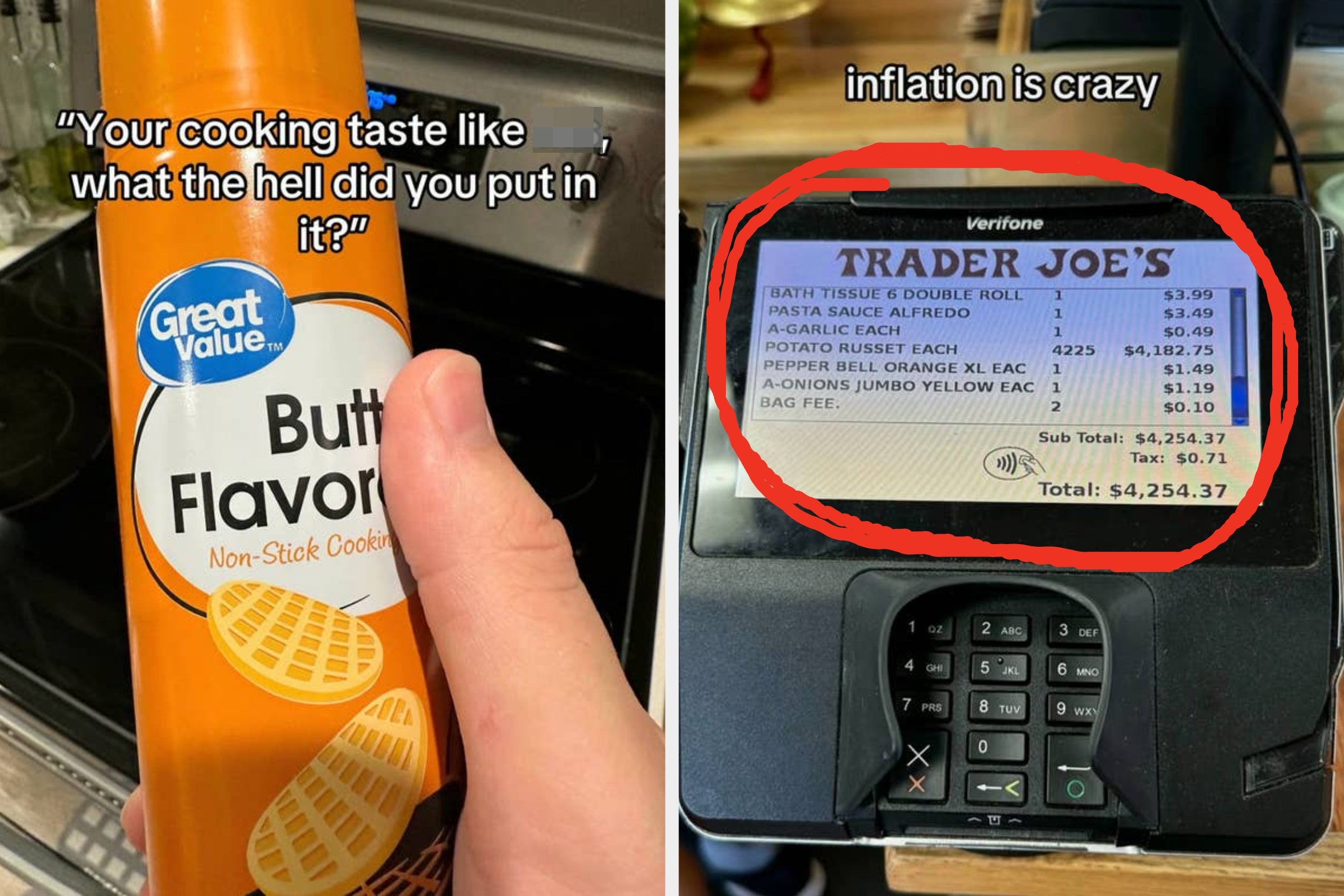 It helps to be a post-modern guy sometimes. Speaking to Peter Baker, 44 skillfully self-diagnoses:
It helps to be a post-modern guy sometimes. Speaking to Peter Baker, 44 skillfully self-diagnoses:
[Barack Obama] has learned that, for all his anti-Washington rhetoric, he has to play by Washington rules if he wants to win in Washington. It is not enough to be supremely sure that he is right if no one else agrees with him. “Given how much stuff was coming at us,” Obama told me, “we probably spent much more time trying to get the policy right than trying to get the politics right. There is probably a perverse pride in my administration — and I take responsibility for this; this was blowing from the top — that we were going to do the right thing, even if short-term it was unpopular. And I think anybody who’s occupied this office has to remember that success is determined by an intersection in policy and politics and that you can’t be neglecting of marketing and P.R. and public opinion.”
That presumes that what he did was the right thing, a matter of considerable debate. The left thinks he did too little; the right too much. But what is striking about Obama’s self-diagnosis is that by his own rendering, the figure of inspiration from 2008 neglected the inspiration after his election. He didn’t stay connected to the people who put him in office in the first place. Instead, he simultaneously disappointed those who considered him the embodiment of a new progressive movement and those who expected him to reach across the aisle to usher in a postpartisan age.








No comments:
Post a Comment